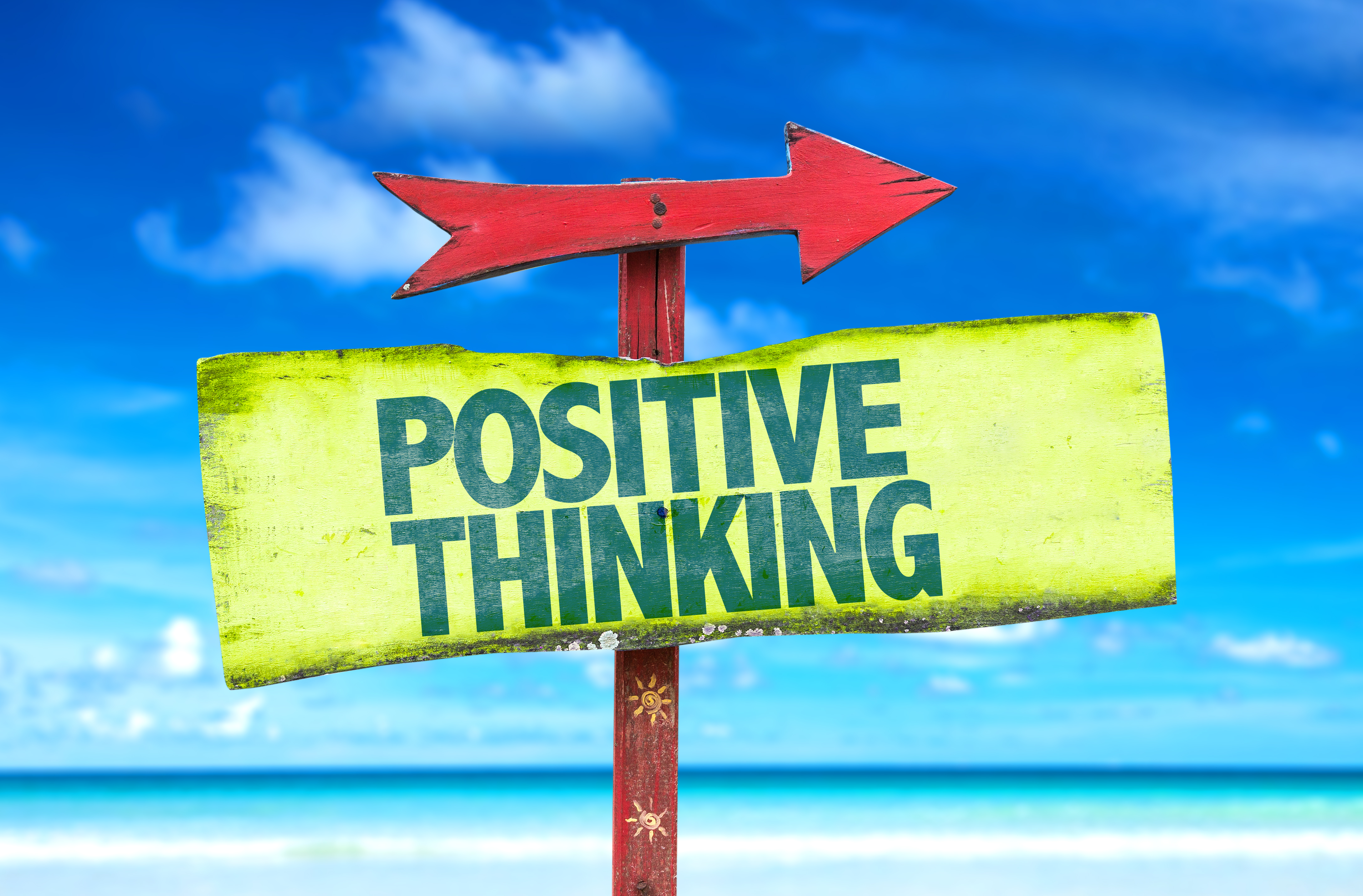This is me most of the time. I feel like I’m pulled in so many directions that I often find it difficult to settle down and focus on writing.

In one of the many writer groups I belong to, Deep Work by Cal Newport has been a topic of conversation. I finally got around to reading it. Here are some thoughts on it.
 A Distracted Society
A Distracted Society
Newport’s primary claim is that in our distracted society, deep work is becoming rare while simultaneously becoming invaluable. His clearest explanation of what deep work is comes near the end of the book. Basically, deep work is work that requires concentration and learned, sophisticated skill. Shallow work, on the other hand, is work that requires little to no training and doesn’t require much concentration. Some examples are writing emails and attending meetings.
Something he says is that we’re drawn to distractions, like scrolling through our phones while waiting in line at a store. We’ve gotten to the point that our brains crave constant stimuli, which makes deep thought and concentration difficult. I admit that I fall into this trap.

Newport states
These sites [such as Buzzfeed] are especially harmful after the workday is over, where the freedom in your schedule enables them to become central to your leisure time. If you’re waiting in line, or waiting for the plot to pick up in a TV show, or waiting to finish eating a meal, they provide a cognitive crutch to ensure you eliminate any chance of boredom.”
I cringed as I read this because I’m a sucker for those articles, especially when I should be writing, which is a type of deep work. I’ve also found that as soon as the writing gets tough, I tend to switch to skimming these kinds of online distractions when I should be digging in and concentrating harder.
Happier at Work?!?!
Another finding is that people are actually happier at work than during leisure time because work has goals and challenges, among other things. Free time is unstructured, which makes it harder to enjoy.
I can totally understand this point. I’ve spent countless hours playing silly online games or surfing the web instead of using that time for something I enjoy—like designing planner stickers or reading. The internet and social media are seductive creatures that I lose hours to. I’m always upset at the end of a weekend day when I’ve found that I’ve wasted my time.
Newport has an answer to this.
When it comes to your relaxation, don’t default to whatever catches your attention at the moment, but instead dedicate some advance thinking to the question of how you want to spend [your time].
Less Time is Sometimes Better

I’ve always enjoyed being busy. The more I have on my to-do list, the happier I am. I’ve also always found that the more I have to do, the more efficient I am with my time. Newport discusses an experiment where a company cut down their workweek from five days to four, yet the employees produced the same amount of work. 37signals cofounder Jason Fried explains the phenomenon:
Fewer official working hours helps squeeze the far out of the typical workweek. Once everyone has less time to get their stuff done, they respect that time even more. People become stingy with their time and that’s a good thing. They don’t waste it on things what just don’t matter.
This raised another question: why not cut out the shallow work like 37signals did, but then keep the same working hours, thus increasing output? Newport addresses this when he states the brain can only handle about four hours of deep work is about the maximum the brain can handle in a given day. There is a “deep work limit.”
Newport also discusses a theory that the conscious brain needs rest and that some problems and decisions are left up to the unconscious brain. As a writer, I get this. My best ideas often come when I’m brushing my teeth or walking the dogs—in other words, participating in activities that require little conscious thought. Newport suggests creating a “shutdown” ritual to signal to your brain that the workday is done because downtime is important to recharge the energy needed to work deeply.
A Wonderful Life Lesson
Newport quotes science writer Winifred Gallagher:
Who you are, what you think, feel, and do, what you love—is the sum of what you focus on.
He explains, “If you focus on a cancer diagnosis, you and your life become unhappy and dark, but if you focus instead on an evening martini, you and your life become more pleasant—even though circumstances in both scenarios are the same.”

I found this concept interesting and I do believe it to be true. Some of the happiest, most content people I’ve met have come from less than stellar circumstances. So the key to happiness is thinking positively…sounds easy, right? Not necessarily. Research suggests that some people are hardwired to think negatively—they are pessimists by nature. I’m afraid I fall into this camp. Part of it stems from fear—I’m afraid the rug will get pulled out from under me the moment I admit I’m happy.
Umm…Maybe Not
A few of the things Newport suggests gave me pause and I ultimately couldn’t get on board with some of them. For example, he advocates making yourself difficult to contact and breaking the social convention of responding to all emails. This might be fine for the higher level MIT faculty he uses as an example, but I don’t think this is realistic for most people, especially commercial fiction authors since there is now an expectation in the reading community that authors should be accessible.
Newport recommends scheduling every minute of your workday in advance. He also says that it’s natural to resist doing this. He’s right. I’ve actually considered trying before, but it stressed me out. It was much too rigid. What if I can’t follow the schedule for some reason? Newport says it’s okay to adjust it as necessary, but I could feel my stress levels rise just thinking about trying to adhere to a strict schedule. I’m not up to that challenge quite yet.
Overall, this book gave me a lot of food for thought. I agree that deep work is becoming rarer and rarer as technology becomes more and more prevalent. We live in a distracted age, but I am also a product of this age—I like being distracted. I don’t quite know how to feel about that yet.
I do believe that increasing my ability to engage in deep work for longer periods will help me make my books stronger, though, so hopefully I’ll be able to implement some of his suggestions.

If you’ve read Deep Work, what are your thoughts? I’d love to hear them in the comments!

